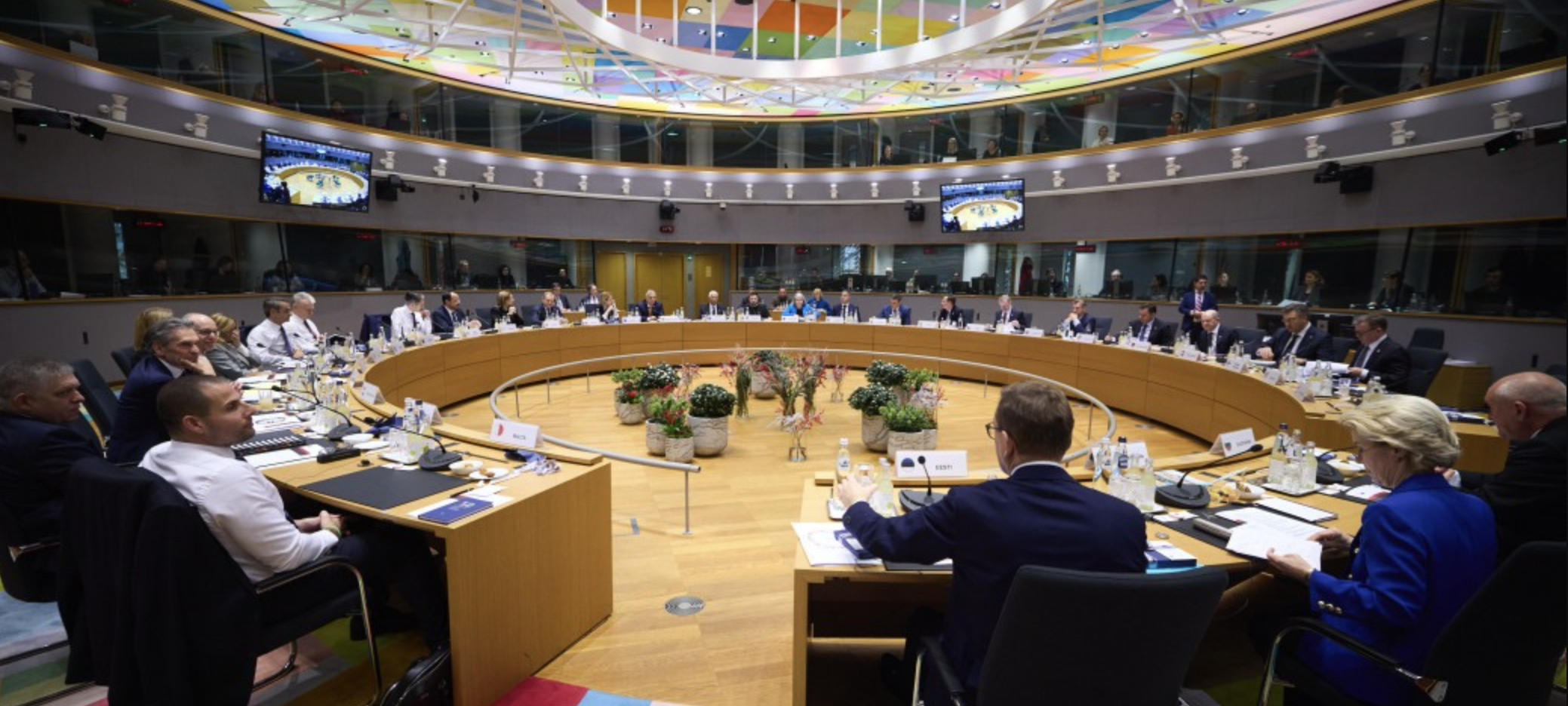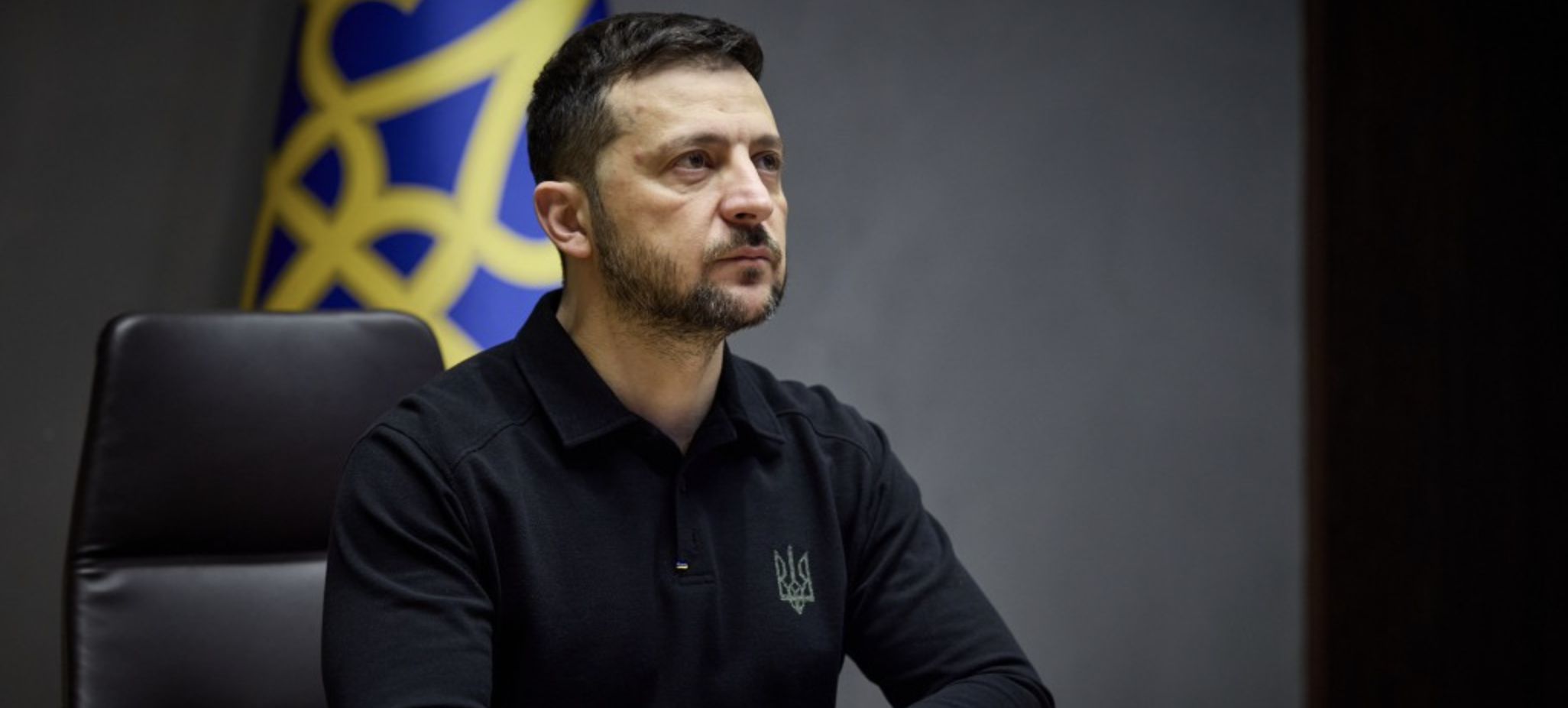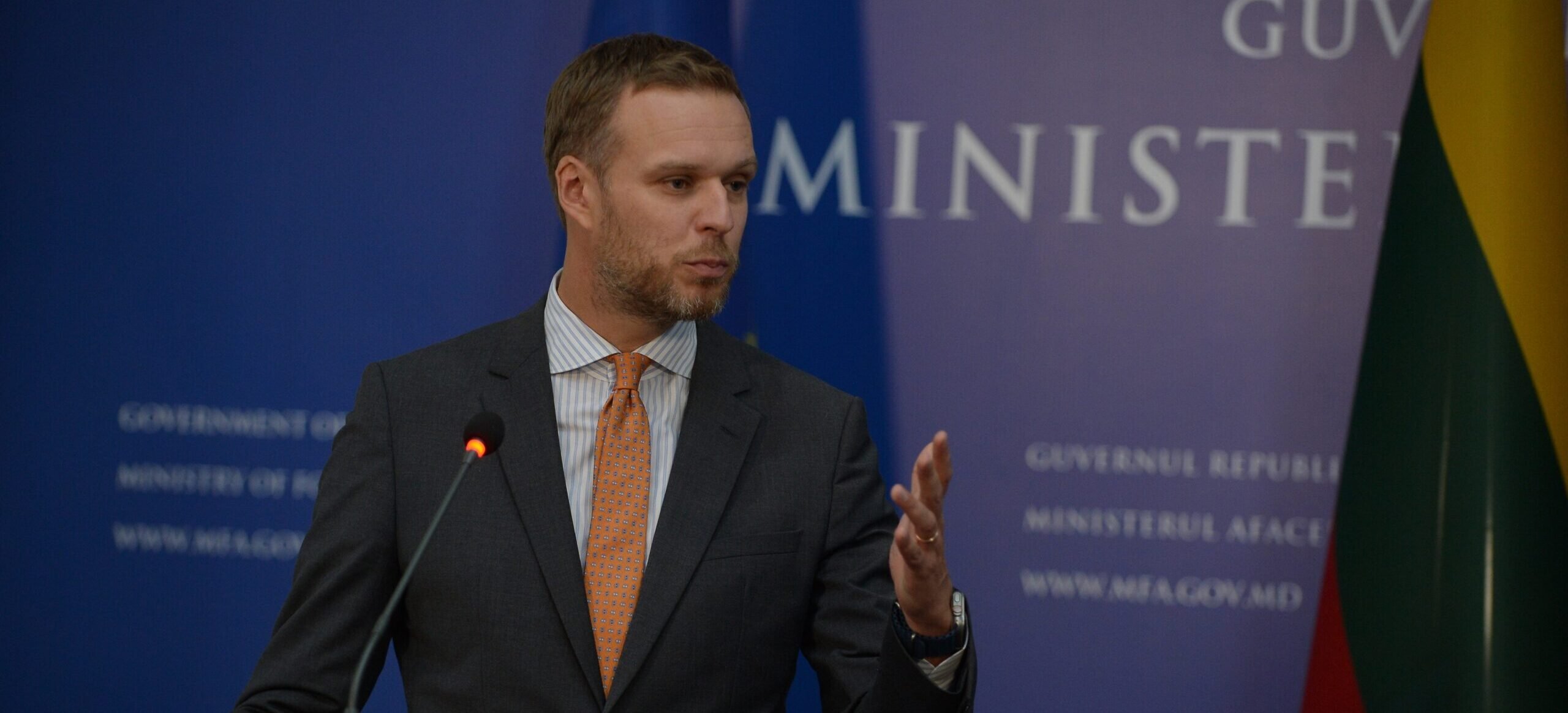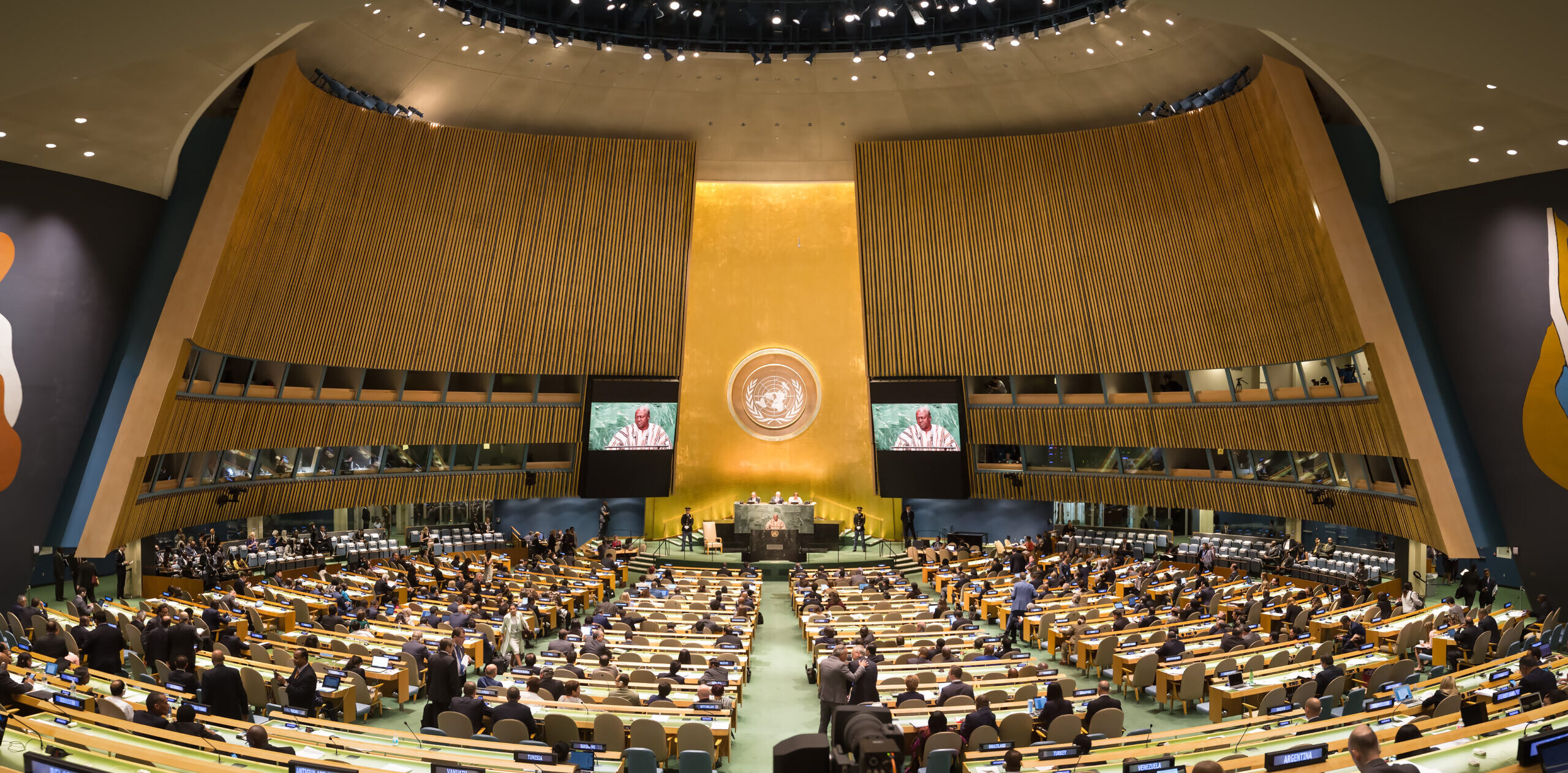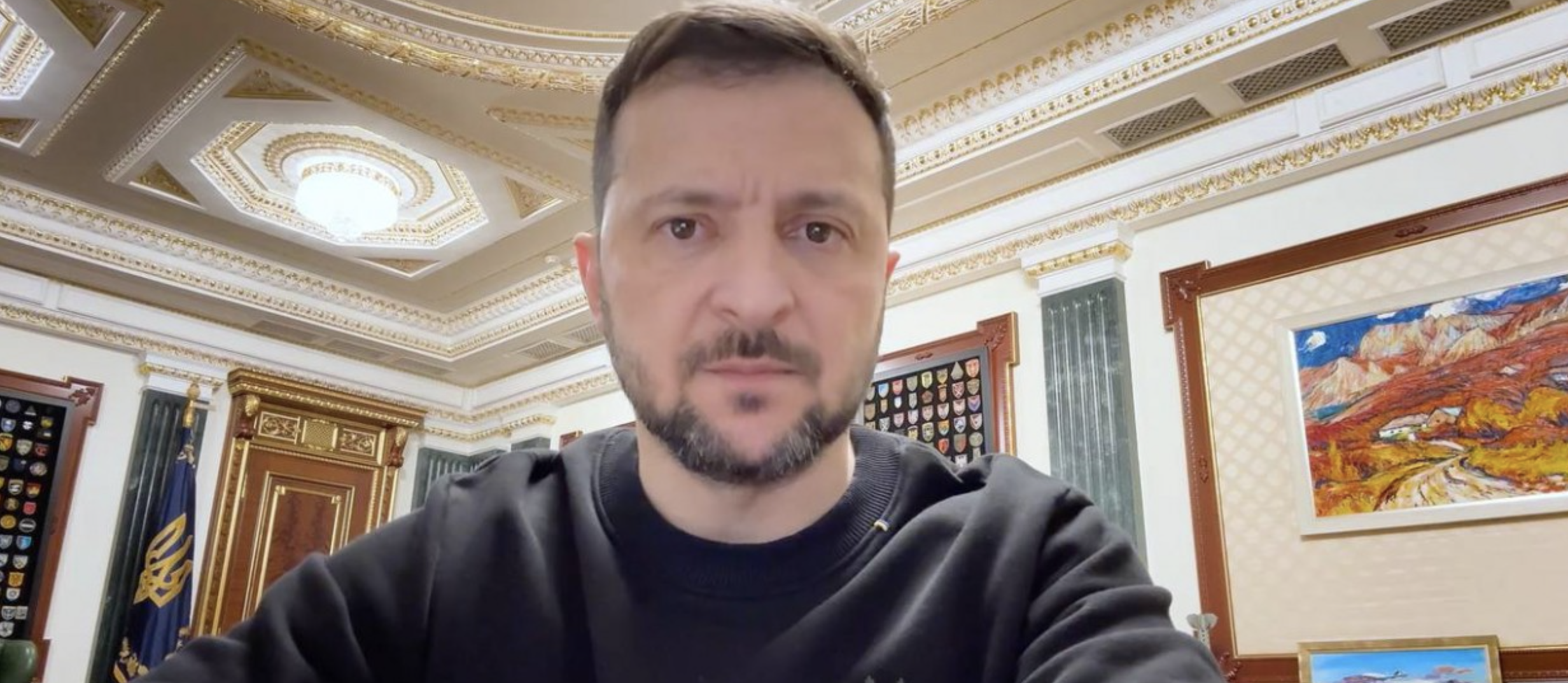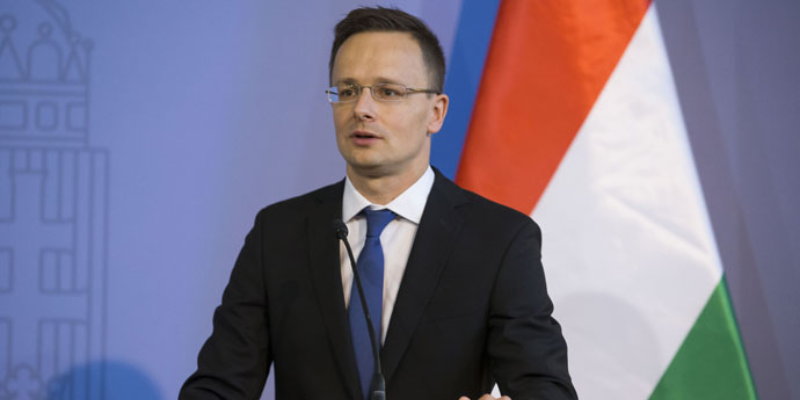
The Hungarian government has confirmed that Foreign Minister Péter Szijjártó blocked EU member states from issuing a joint statement about an arrest warrant issued by the International Criminal Court against Russian President Vladimir Putin, Ukrainska Pravda reported on Tuesday, referring to Index, a Hungarian news agency.
According to Index, the government told the agency that Budapest had not vetoed the joint statement but “only opposed the resolution that Josep Borrell wanted to issue on behalf of all EU member states.”
Earlier, the Hungarian Foreign Ministry called the report of a veto a “lie,” according to Bloomberg.
Budapest’s veto meant that the EU’s chief diplomat, Josep Borrell, instead released a statement in his own name, “taking note” of the decision by the International Criminal Court, Bloomberg points out.
It is not the first time the neighbor of Ukraine has acted unfriendly toward Kyiv and/or friendly toward Moscow. Some of such acts are just outrageous.
Last November, Ukrainian World Congress President Paul Grod said that Hungary’s Prime Minister Viktor Orban “demonstrates a dangerous pattern of pro-Russian statements and decisions which clearly violate fundamental EU principles and legal norms. He continues to undermine the stability, security, and unity of Europe. The EU must take punitive action such as cutting funding and suspending Hungary’s voting rights.”
However, there is another way how the EU can block Hungary from blocking the EU’s smooth decision-making, which has been discussed for some time. In an interview with the Rheinische Post, German Chancellor Olaf Scholz has called for ending the principle of unanimity, which operates during the adoption of key decisions in the EU, according to European Pravda.
Scholz insists on the possibility of making decisions on certain issues by a qualified majority of member states that represent three-fifths of the EU population.
“It shouldn’t be so that one country can stop everything. We shouldn’t consider it a problem that not everyone always agrees,” Scholz said.





